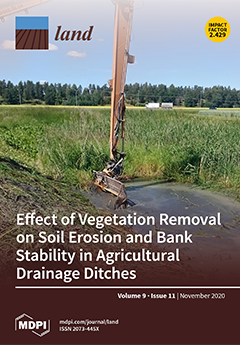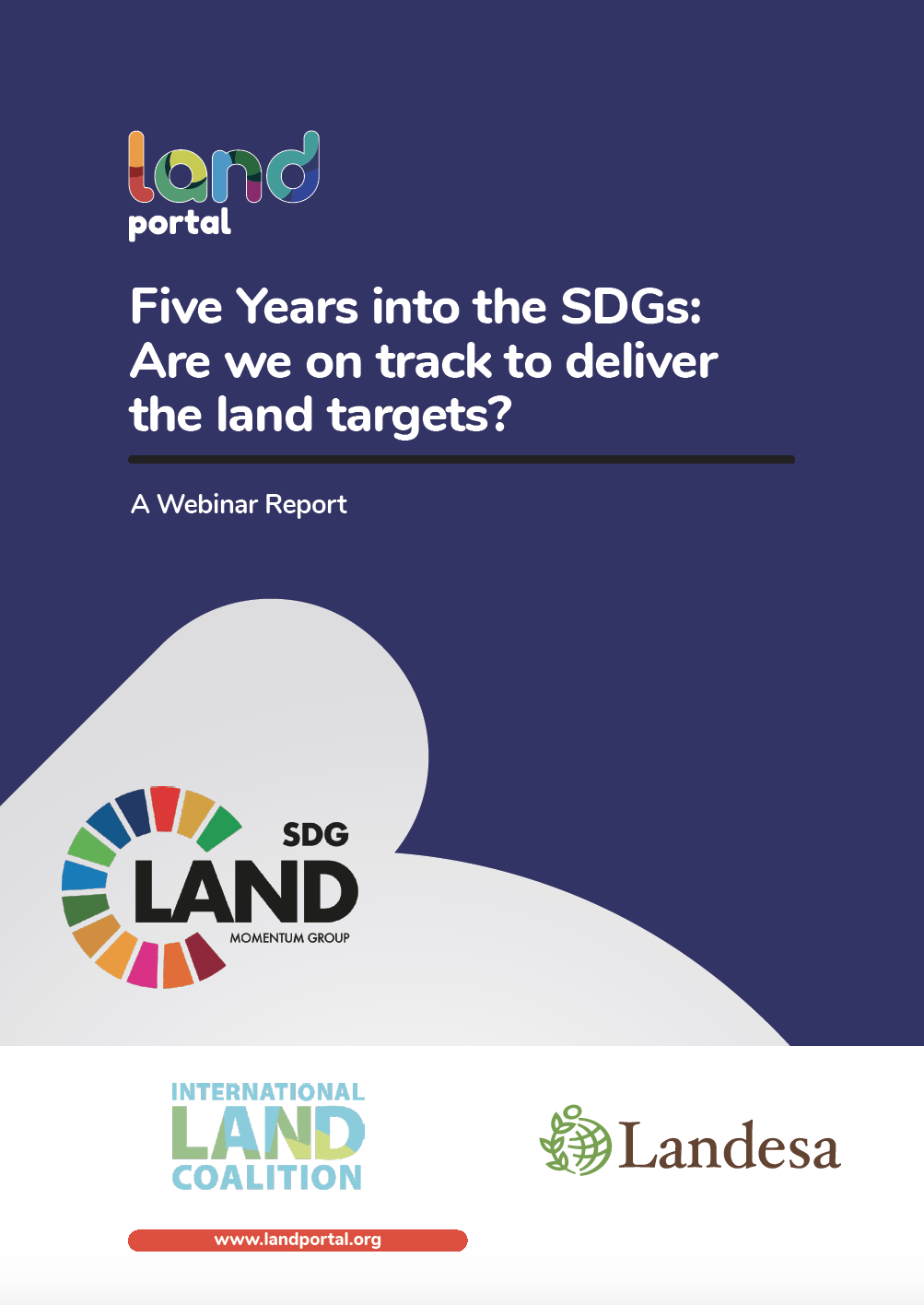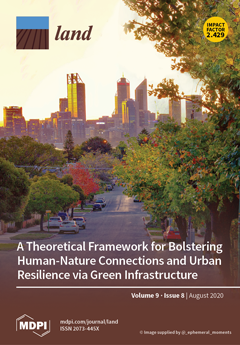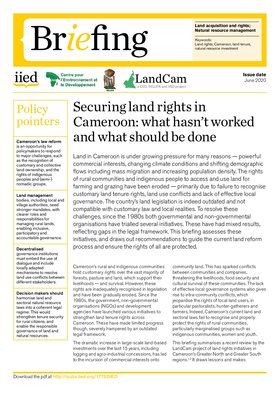Caring for soil is caring for life. Ensure 75% of soils are healthy by 2030 for healthy food, people, nature and climate : interim report of the mission board for soil health and food
Life on Earth depends on healthy soils. The soil under our feet is a living system – home to many fascinating plants and animals, whose invisible interactions ensure our well-being and that of the planet. Soils provide us with nutritious food and other products as well as with clean water and flourishing habitats for biodiversity. At the same time, soils can help slow the onset of climate change and make us more resilient to extreme climate events such as droughts and floods. Soils preserve our cultural heritage and are a key part of the landscapes that we all cherish.








